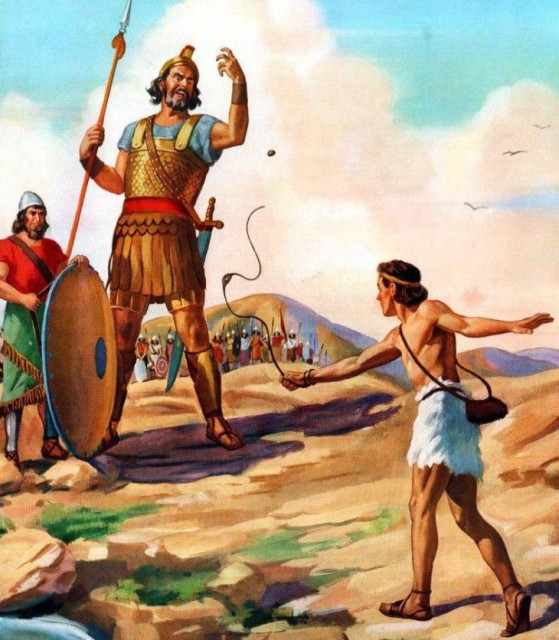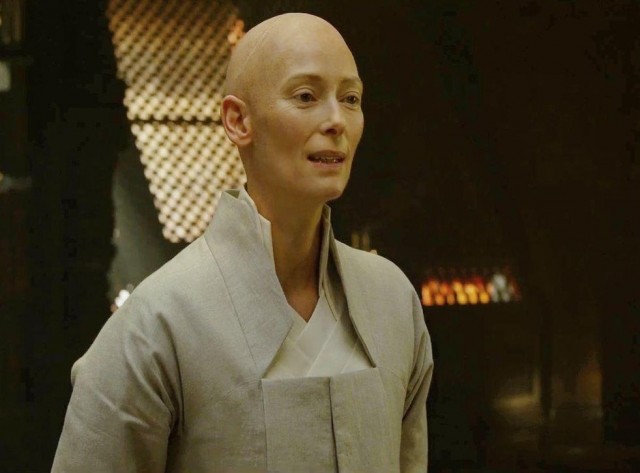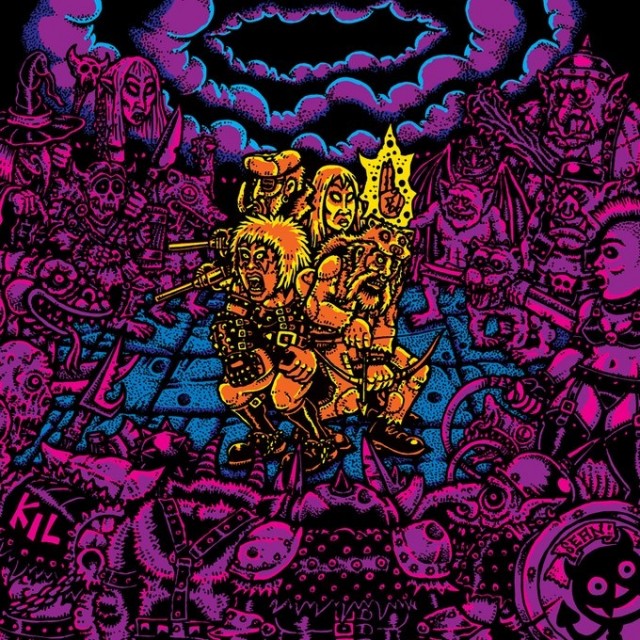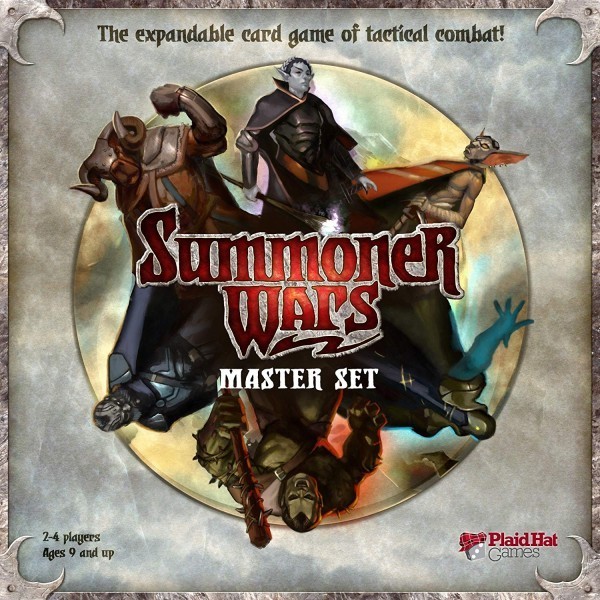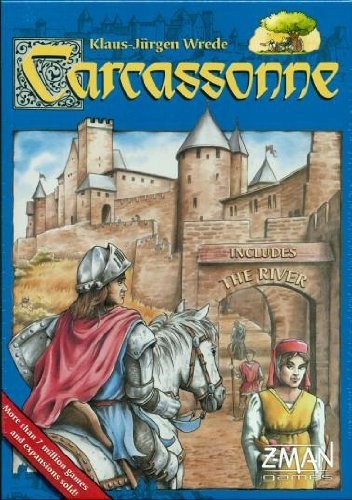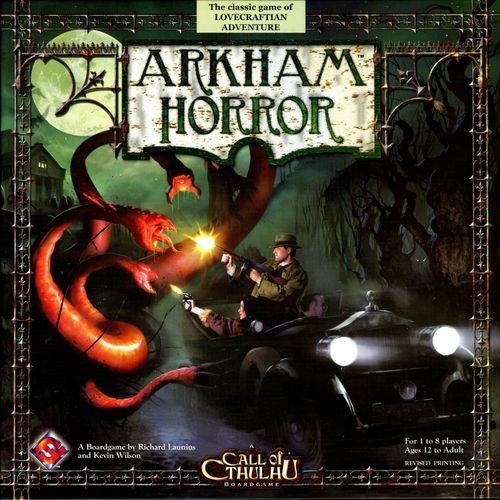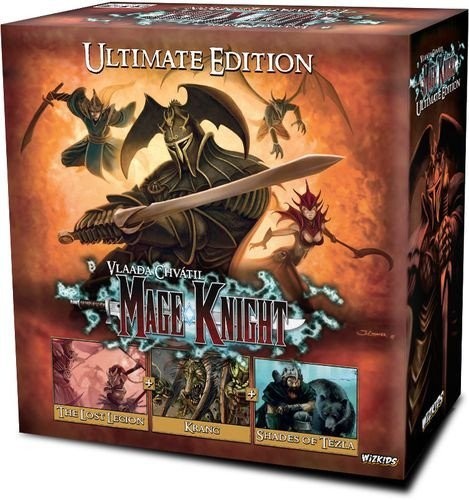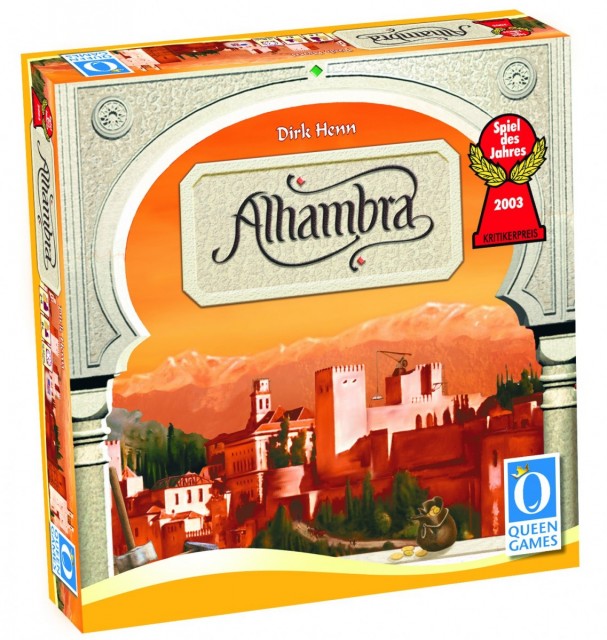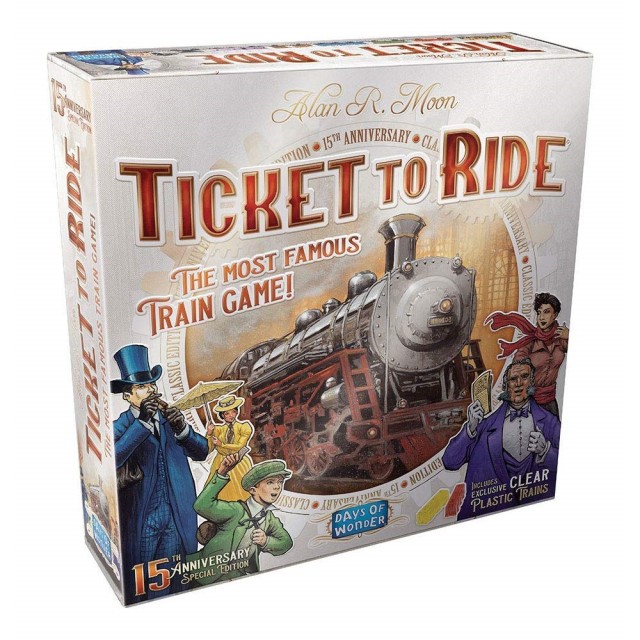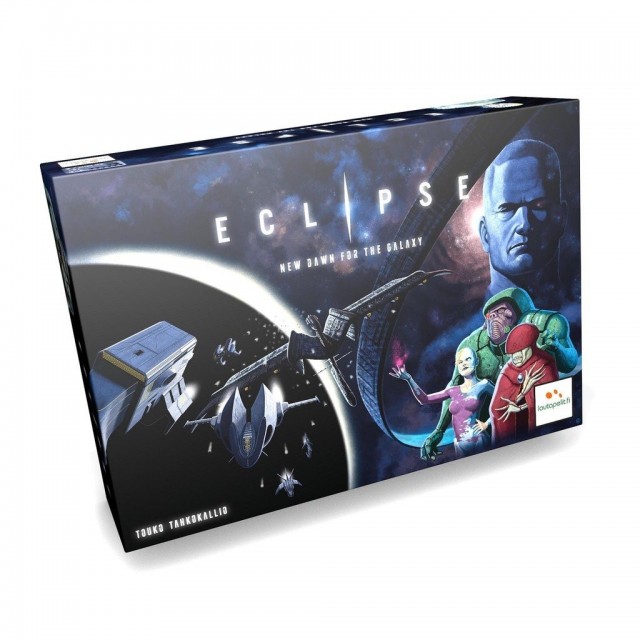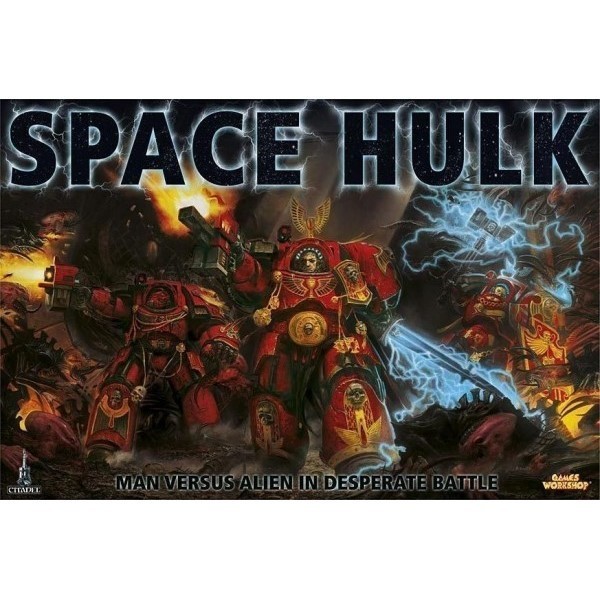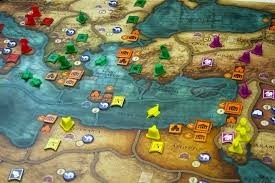In a recent conversation I had on Twitter I was told I didn’t ‘get’ the Star Trek Adventures RPG, my review of which is pretty negative. This did two things. Firstly it annoyed me, as I’d played the game for a good number of sessions before committing my thoughts to paper. Secondly it got me thinking about the idea that any game can be definitively ‘got’. Let’s dive into it.
This was the first time I had been personally subjected to the idea, but I’ve seen it countless times as a defensive reaction to a game you like being criticised. To me it always comes across as dismissive, short sighted, and rude. I get that seeing a game you enjoy being criticised can feel like a personal attack, but good critics will never think of it that way. All we are doing is sharing our thoughts on this particular game: how we felt about it, does it do what it proclaims to do etc.
In these times where the majority of our interactions are taking place online, we owe it to ourselves and all those we interact with to police ourselves and be mindful of the impact words can have on others. I thought it might be worth starting a conversation about how I try and interact online. This is specifically about platforms like twitter and Facebook where the primary form of interaction is the written word.
Don’t
First and foremost you can just not. If someone doesn’t like the same thing you do, then agree to disagree and move on. If you find yourself the subject of trolls then block and mute are your friend. I would hope that such things would never get to the point of police involvement.
The other side of Don’t is that you should not tag the designer/company in your defence of their product. Likely they know about the review already and aren’t really interested in getting pulled into an online firefight.
Talk Softly
If you have passed through the don’t stage and honestly believe that you have a solid point to make, talk softly (the big stick is not required).
For starters get names and pronouns correct. Loads of people on Twitter have their preferred pronoun in their bio, and on many platforms real names will be obvious. Showing people this little bit of respect will go a long way to having your voice heard. If you can’t be bothered to go as far as these basic courtesies then why should anyone listen to anything you have to say.
Keep in mind that we are talking about an enterainment here. Me not liking the game you adore doesn’t invalidate your feelings. I know it can feel like that sometimes, and you want to bang the drum for your game, but if all you want to do is get angry then see our first point don’t.
Games will always be a subjective art form and the very idea that a reviewer can be entirely objective is fundamentally flawed. I expect people to disagree with me, it comes with the territory of being a critic. I welcome those disagreements and I am always happy to explain my reasons to anyone who asks. Sometimes we are just going to plain disagree though, and that is fine. You aren't going to convince me of the merits of this game and I am not going convince you it isn't any good or vice versa.
Always Add
I think one of the things I always keep in mind when crafting a reply is “What am I adding?”. If the answer is nothing, then I just don’t reply. If I am coming across as detracting from the original poster, then why am I bothering? I’ll just be making someone feel bad.
We should always aim to add to a conversation: a different point of view, a story about a time we enjoyed this game, an anecdote that makes you have fond memories of it. Talk softly, read your reply before sending it. Those few seconds of reflection can be the difference between a nice conversation and a hurled insult.
Context is King
We are living through extraordinary times, the situation changing daily as each of us struggles to respond to the new pressures of day to day life.
During this time, games will still be made and played, and of course the critical apparatus should keep on turning. At all times as critics that our hates, are another persons loves. We can criticise without taking joy from those who admire what we do not. Our word is not sacrosanct, nor should it ever be considered so.
As readers and consumers remember that critics want to engage, we want to hear that you enjoyed where we did not. It gives me hope that the hobby appeals to a wider and wider audience, day after day. We must always remember that we all love the hobby, just not always in the same way. Add to the conversation, talk softly, and where we can do neither of those things, just don’t.
 Games
Games How to resolve AdBlock issue?
How to resolve AdBlock issue? 
